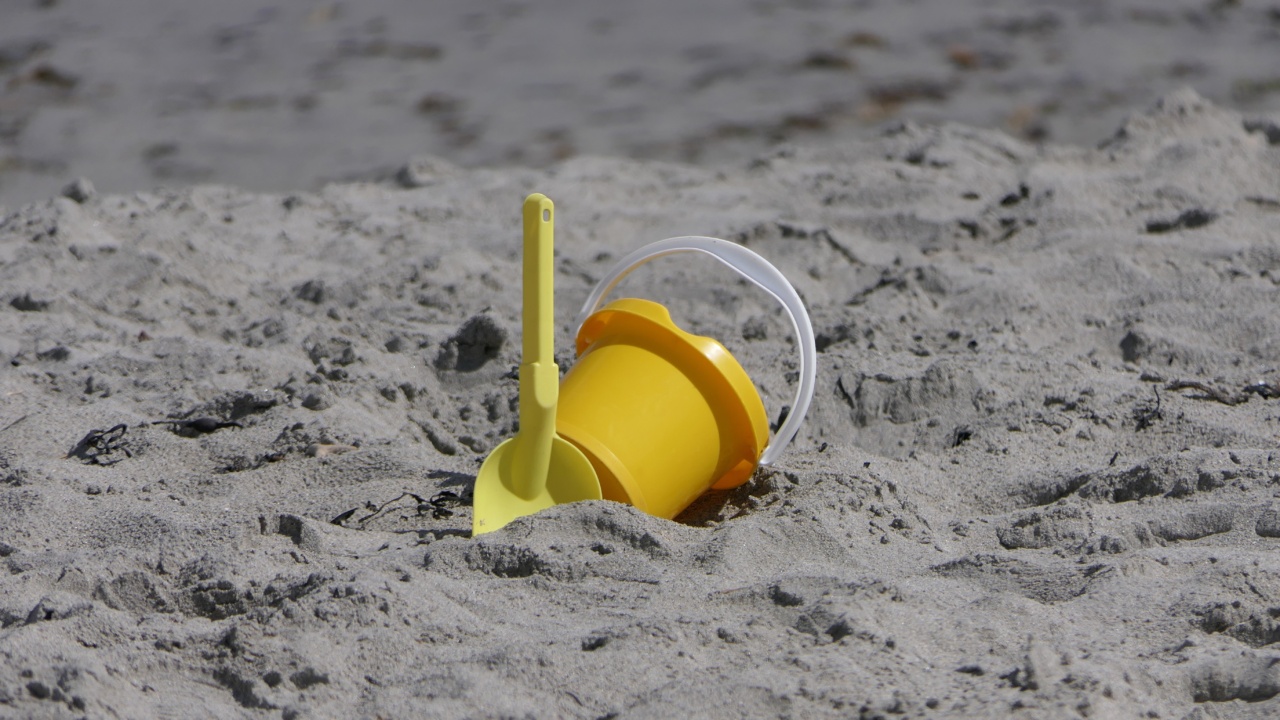Urinary Tract Infections (UTIs) are common among women, especially during pregnancy. A UTI is an infection that affects the urinary tract comprising the kidneys, bladder, ureters, and urethra. Pregnancy increases the likelihood of developing a UTI.
In this article, we will discuss the causes, symptoms, and treatments of UTIs during pregnancy.
Causes of UTIs During Pregnancy
The most common cause of UTIs during pregnancy is an increase in the size of the uterus. The growing fetus puts pressure on the bladder and ureters, making it difficult for urine to flow freely.
The urine left in the bladder and ureters provides a breeding ground for bacteria. If untreated, UTIs can lead to kidney infections, which can cause premature labor and other complications.
Other factors that increase the risk of getting a UTI during pregnancy include:.
- Sexual activity
- Diabetes
- Previous history of UTIs
- Use of a catheter
- History of kidney stones
- Genetic predisposition
Symptoms of UTIs During Pregnancy
The symptoms of UTIs during pregnancy are similar to those experienced by women who are not pregnant, but they can be more severe. Some symptoms of UTIs during pregnancy include:.
- Pain or burning sensation while urinating
- Frequent urination, but passing only a small amount of urine
- Cloudy, bloody, or strong-smelling urine
- Abdominal pain or discomfort
- Low-grade fever (less than 100.4 degrees Fahrenheit)
If you experience any of the above symptoms, you should inform your healthcare provider immediately. They may want to conduct a urine culture to determine the type of bacteria responsible for the infection.
Treatments of UTIs During Pregnancy
The treatment of UTIs during pregnancy depends on the severity of the infection. Mild cases can be treated with antibiotics, while more severe cases may require IV antibiotics.
It is important to treat UTIs as soon as possible to prevent the infection from spreading to the kidneys.
If left untreated, UTIs can lead to kidney infections, preterm labor, and other complications. Pregnant women with UTIs may need to take antibiotics for up to a week or more to ensure that the infection is fully eradicated.
While taking antibiotics, it is important to drink plenty of fluids to flush the bacteria from the urinary tract. Pregnant women should also avoid types of antibiotics that can harm the developing fetus, such as tetracyclines and fluoroquinolones.
Preventing UTIs During Pregnancy
Prevention is the key to avoiding UTIs during pregnancy. Here are some tips to help prevent UTIs:.
- Drink plenty of water
- Urinate frequently and completely empty the bladder
- Wipe from front to back after using the bathroom
- Avoid using scented products in the genital area
- Avoid tight-fitting pants and underwear
- Urinate after sexual activity
By following these tips, pregnant women can reduce their risk of getting UTIs and other urinary tract infections.
Conclusion
UTIs are common during pregnancy, but they can be easily treated and prevented. If you experience any symptoms of a UTI, inform your healthcare provider immediately.
They will want to conduct a urine culture to determine the type of bacteria responsible for the infection.
The treatment of UTIs during pregnancy often involves antibiotics and plenty of fluids. It is important to treat UTIs as soon as possible to prevent complications such as kidney infections and preterm labor.
Lastly, pregnant women can reduce their risk of getting UTIs by following some simple preventative measures, such as drinking plenty of water, urinating frequently, and avoiding tight-fitting clothing and strong scents in the genital area.
By taking these steps, pregnant women can enjoy a healthy and comfortable pregnancy.































